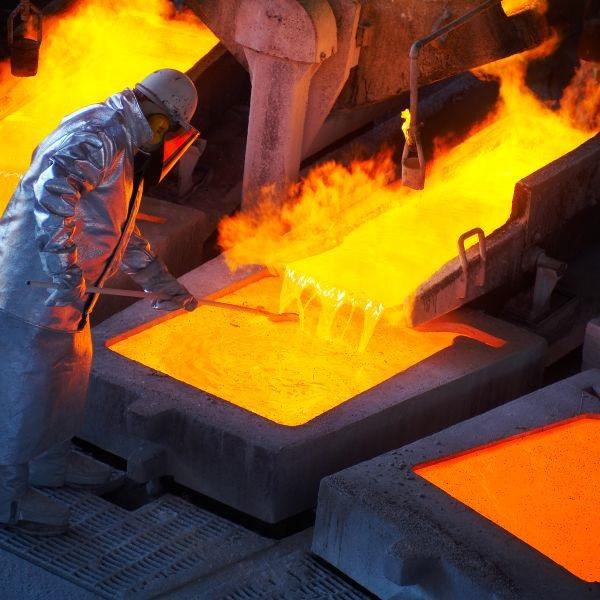Glencore Targets Net Zero Emissions by 2050, Sees Opportunities in Low Carbon Transition
Glencore, one of the world’s largest globally diversified natural resource companies, with around 150 mining and metallurgical sites and oil production assets, announced a series of new sustainability goals, including achieving net zero emissions by 2050. The company also aims to reduce its total emissions footprint across Scope 1, 2 and 3 by 40% by 2035 compared to 2019 levels.
Glencore outlined numerous initiatives that it will pursue in order to achieve its new goals, including addressing Scope 3 emissions through investments in its metals portfolio, reducing coal production and supporting deployment of low emission technologies, allocating capital to prioritise transition metals, working with customers and supply chain partners to enable greater use of low-carbon metals and to support progress towards technological solutions, and contributing to circular economy initiatives, among other steps.
According to Glencore, the company is well positioned to take advantage of opportunities arising from the transition to a low-carbon economy. The company is one of the largest producers and suppliers of copper, cobalt and nickel – metals that are essential to batteries used for electric vehicles and energy storage, as well as the infrastructure required for the transmission of renewable energy. Glencore stated that the world needs these commodities if it is to achieve the goals of the Paris Agreement and limit the rise of global temperatures.
Glencore is also a major producer of coal, with estimated production this year at 109 million tonnes. The company said that it does not believe that selling its coal assets would contribute to reducing emissions associated with the mines, but will take a responsible stewardship approach to coal, and pursue a responsible reduction of its coal portfolio.
Ivan Glasenberg, Glencore Chief Executive Officer said:
“A significant portion of Glencore’s earnings is derived from the metals and minerals that enable the transition to a low-carbon economy. As the world prioritises renewable technologies, battery storage and electric mobility, our business is well-positioned to meet the growing demand for the commodities that underpin these future focused industries. Our ambition to be a net zero total emissions company by 2050 reflects our commitment to contribute to the global effort to achieve the goals of the Paris Agreement.”





